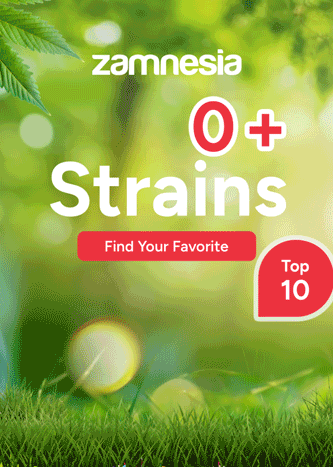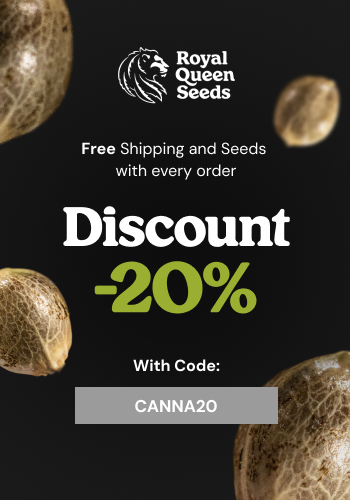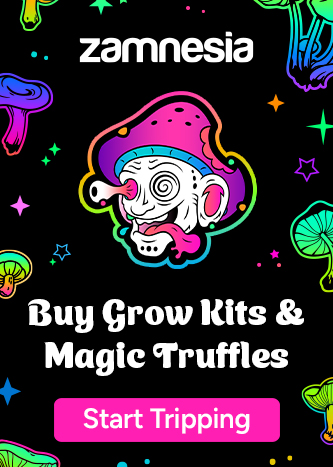Is CBD legal in Germany?
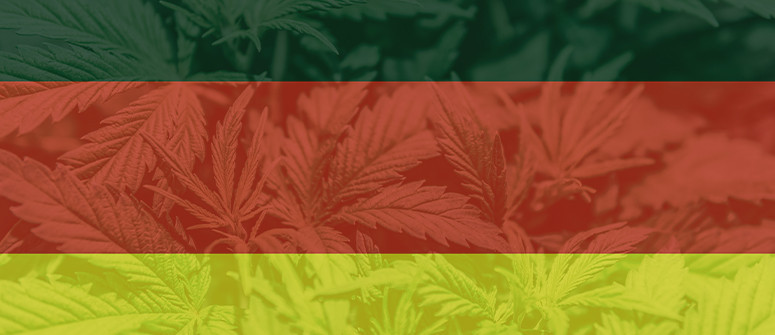
If you're worried about buying CBD in Germany, you shouldn't be! While there are some laws you should be aware of, you shouldn't run into any problems as a consumer. Here we detail what you need to know about the CBD laws in Germany.
Contents:
CBD is widely available in Germany, and you’d be forgiven for thinking it was totally legal. While it’s not hard to come by, its legal status isn’t as clear as you might first think. Although, with recent changes to the law, it is now less controlled than it was.
In this article, we explore the legal status of various CBD products in Germany.
Are CBD products legal in Germany?
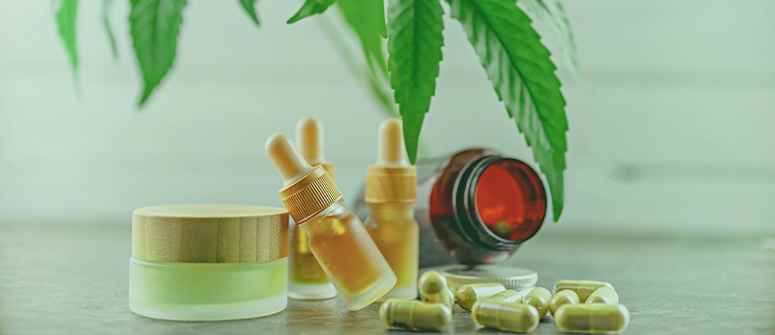
Yes and no—it depends on the product and its purported use. For instance, CBD extracts (oil) are legal and marketable as food supplements. CBD isolates, on the other hand, can only be prescribed by doctors. Furthermore, CBD flower is illegal to sell (to individuals), purchase, or possess, but CBD tea (CBD flower in a tea bag, marketed as tea) is legal, as it’s classed as a food.
The legal landscape is murky, but the reality is much more straightforward. CBD products are readily available in Germany, and the chances of being punished for possessing the wrong type is close to nil. However, individuals should be careful if they intend to grow CBD hemp plants, as this practice remains illegal, unless you are a licensed company.
CBD legislation in Germany
Until the 1st of January 2023, CBD-containing hemp was still classed as a narcotic under German narcotics laws. As of January 1st, 2023, however, any hemp plant containing <0.3% THC is now classed as industrial hemp.
While the production and sale of CBD products was legal prior to this date, legislation is now more lax for those who wish to produce, sell, and purchase such products. Furthermore, the slow march toward the decriminalisation of recreational cannabis is underway in Germany.
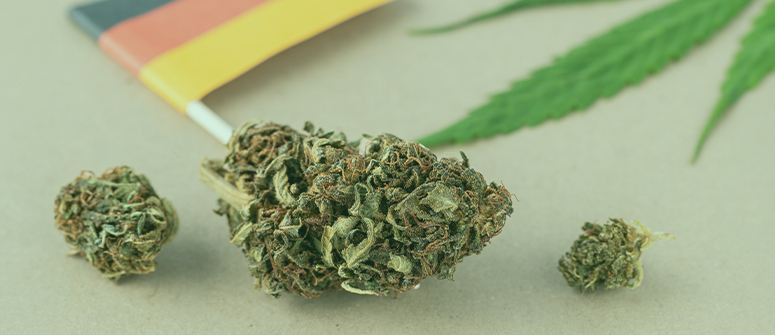
CBD criteria in Germany
In order for CBD to be legal in Germany, products must match up with certain criteria.
Novel food authorisation
As CBD products are not classed as narcotics, and aren’t considered to have the potential for abuse, they can be classified fairly simply. Hemp extracts containing CBD are classed as food supplements—not novel foods. This is because “industrial hemp” has long been used, and novel foods must have emerged recently.
CBD isolates, on the other hand, are classed as novel foods, and as such are subject to more stringent legislation.
Specialised stores and products
As mentioned, CBD isolates are classed differently and are hard to get hold of. To obtain them legally, you must get a prescription from a doctor and then collect them at a pharmacy.
Otherwise, most CBD products are readily available in health food stores, specialist stores, and spätis (off-licences). In Berlin, even prior to the change of law in 2023, CBD-containing hemp flower was widely available in shops, despite it being technically illegal.
Limited THC content
An area where the law is strict concerns the amount of THC a CBD product may contain. Prior to the 1st of January, 2023, the limit was 0.2% THC, but this has now been increased to a generous 0.3%!
Not only must cannabis products themselves contain no more THC than this, but the plants from which they are sourced can’t either. In fact, growers who legally produce hemp must choose seeds from a catalogue of EU-permitted hemp strains, all of which are proven to grow into plants containing no more than 0.3% THC.
No medical claims
CBD products must be entirely free of medical claims, as they are classified as food supplements, not as medical cannabis. Therefore, any product that advertises itself as having any medically beneficial properties would be illegal.
As such, you will find that CBD products make no claims of any sort.
Is all CBD legal in Germany?
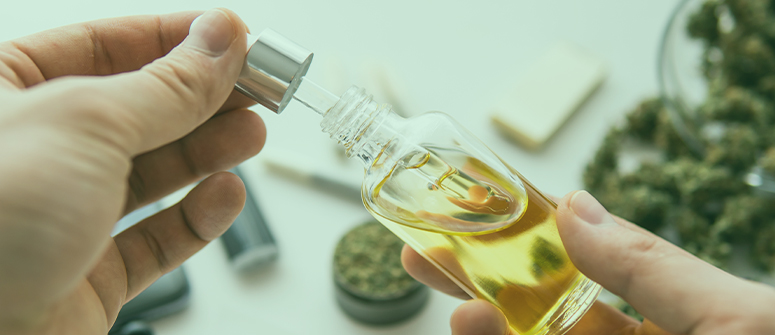
Certain CBD products are clearly legal in Germany, while others exist in a strange grey area. We explore this below.
CBD oil
It is very possible, and entirely legal, to buy CBD oil in Germany—so long as it contains less than 0.3% THC and is a hemp extract, rather than a CBD isolate.
CBD oil is one of the most widely accessible CBD products in Germany, and can be found in many different stores.
CBD gummies
CBD edibles are prohibited in all of the European Union due to novel food regulations. Therefore, CBD gummies are not legally available in Germany.
CBD weed (flower)
CBD weed isn’t legal for individuals to buy, but it is legal to sell for commercial purposes—such as for the purpose of making CBD oil.
Therefore, buying CBD flower as an individual for the purposes of smoking is technically illegal, but rarely enforced.
CBD vape
Yes, CBD vapes are legal in Germany. However, advertising for them is now restricted in the same way as it is for tobacco products. That being said, if you’ve been to Germany, you might have noticed that tobacco companies are still able to advertise heavily in public, and so these restrictions aren’t as limiting as they may be elsewhere.
CBD tea
Because tea is classed as food in Germany, CBD tea is legal. But what is CBD tea, you may ask?
CBD tea is CBD flower in a tea bag, packaged and sold under the name “tea”. While some people may like to have a weed-flavoured cup of hot water, others may use the opportunity to open the tea bags and smoke or vape the contents.
This legal loophole means that CBD flower can be purchased in Germany; it just comes in a tea bag.
CBD cosmetics
CBD cosmetics and topicals are legal in Germany, and are available from a range of health and cosmetics stores. As with all other products, though, they are not allowed to make any health claims.
CBD for pets
You can also find CBD products marketed to pet owners in Germany. Most often, these products are some form of CBD oil, which can be added to a pet’s food or drink—or dropped directly into their mouth.
Where to buy CBD in Germany
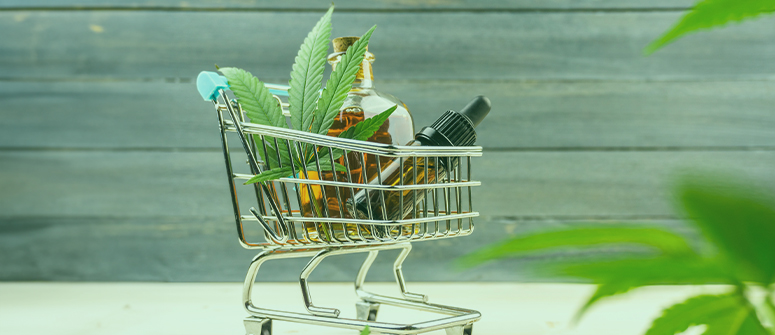
You can buy CBD all over the place in Germany. Wherever you choose to buy it, try to ensure it’s from a reputable source. This poorly regulated market is full of products that claim to contain a certain amount of CBD, but really don’t. Moreover, higher-quality products will be made using better ingredients, and if you’re going to be putting them in your body, you may as well make sure they’re not bad for you!
Online
Obviously, the internet is full of CBD products—an overwhelming amount, in fact. A quick search online will render an almost infinite number of shops offering to sell you the best CBD products on the market! It can be hard to discern where the truth lies. Before buying from an online source, check out independent reviews to ensure peoples’ experiences match up with a seller’s claims!
The high street
You can also buy CBD in real shops in Germany. Often, these shops have limited stock, and the staff won’t be able to tell you too much about the products—with one exception: specialist CBD shops.
These specialist shops are fairly common, at least in German cities, and tend to stock a limited range of carefully chosen products. Of course, some shops will be better than others, but usually the staff have a fairly good idea of what they’re talking about, and can give you good advice. If you’re interested in CBD but know little about it, these can be a good place to start.
Can you take CBD into Germany?

Yes, you can take CBD to Germany. If you carry CBD oil in its original packaging that clearly states its (acceptable) THC content, then you shouldn’t run into any problems.
However, you should avoid taking CBD flower/tea to Germany, as its legality is dubious and border guards won’t be able to distinguish it from THC-rich cannabis. Furthermore, though the chances of getting caught/punished are incredibly slim, bear in mind that CBD edibles are illegal in Germany, and so it’s probably best not to try to take them across the border.
So, can I get in trouble for CBD in Germany?
Maybe, but probably not.
If you’re caught with CBD flower, you might get in trouble. However, most cases of legal problems have come from people selling it, not buying it. And the German courts have suspended many of these sentences anyway.
While CBD edibles are illegal, you’re probably not going to get in trouble unless you try to sell them to other people. So, in short, you’re likely safe regarding personal use of most CBD products in Germany.
